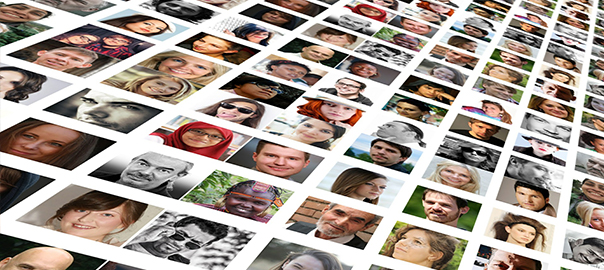It was late 2012, a few months after violent conflict had broken out between the Rakhine and Rohingya ethnic groups in northwest Myanmar. Whole communities had burned to the ground, dozens were dead, and tens of thousands of Rohingya were displaced into makeshift internment camps.
I was sitting in my living room in Yangon with three young Rakhine men, friends of friends, who were visiting the city and willing to come and talk about what they had seen. They started speaking with an odd enthusiasm, telling me about all the events that had led to such unspeakable violence. An isolated crime had led to a fierce retaliatory attack, and the resulting fear had cycloned into days of mutual killing. I knew the basic series of events, but listened patiently. They seemed to need to give an explanation for it all.
As we talked and I asked more questions about what and why, there was suddenly a shift in our conversation. The young men’s eagerness to justify what had happened slipped away for a moment, allowing room for memories of happier times and a single comment I will never forget:
“We didn’t always hate the Rohingya. We used to play together as kids.”
Immediately I could picture these young Rakhine men as little boys, playing alongside little Rohingya boys, laughing together in the school yard, chasing after each other down the street – oblivious to what it mattered if they practiced a different religion, and not giving a care in the world about their varying facial features and shades of skin, if they even noticed these at all. Childhood friends, yet now they talked casually about killing each other.
Five years later I still think about those little boys playing together. I think about it because it so deeply disturbs my soul to think how easy it is for us all to learn to hate. How people from two ethnicities, living alongside one another for generations literally as next-door neighbors, seeing their children grow up together, can so suddenly end up turning on each other.
But the truth is that genocide by no means happens suddenly. It is rather like a slow-growing cancer. We often don’t recognize the early symptoms, and sometimes we just don’t want to. Like cancer, genocide grows in stages.[1] It begins simply with the way we start to classify ourselves in contrast to other groups, and then discriminate, persecute, and eventually try to eliminate them.
One of the most significant of these stages of genocide is dehumanization. It’s when people from one ethnicity begin to refer to another in non-human terms, equating them with animals, insects or diseases, thereby making it easier to justify their eradication. Rats. Pests. Dogs. Murder gets easier when you don’t think of your victim as human.
I’m thankful that my job in the TCT program has meant that over and over again I’ve taught a lesson from the TCT curriculum about what it means to be made in the image of God. I’ve taught groups across Africa and Asia to think about how they would treat others if every time they saw them they thought about how perfectly and wonderfully that person was made in the image of God. No matter their color, or religion, or role in life – to really look at a person and only consider how much care God put into creating that beautiful, unique human and how much He loved them to be willing to give up His life for them.
Teaching that lesson over and over again has instilled in me a practice of pausing every now and then to really see the people around me – the security guard outside my building, the sales clerk at the store, the bus driver. To be curious about their life, about what incredible trait God must have gifted them with, about how wonderful it could be to see that person in heaven one day as we all sing praises to God in our different languages.
I think that’s where our prayers about ethnic violence need to start – stopping to really look at the faces of people from other ethnicities whom we see in the news, both within our own country and from around the world. Stopping in awe to consider how they are fearfully and wonderfully made in the image of God and how precious they are to Him.
Please pray this month about ethnic violence and genocide happening around the world. Pray against all the stages of genocide and the slow growth of ethnic hatred. Pray that Christians around the world would speak out in truth about the value of each and every person, regardless of ethnicity, made in the image of God and so incredibly loved that Christ was willing to die to save them.



Leave A Comment